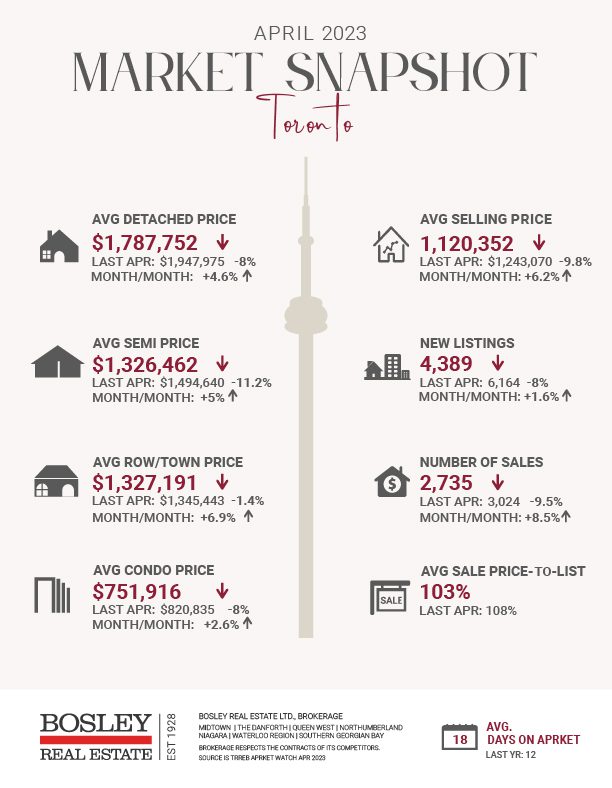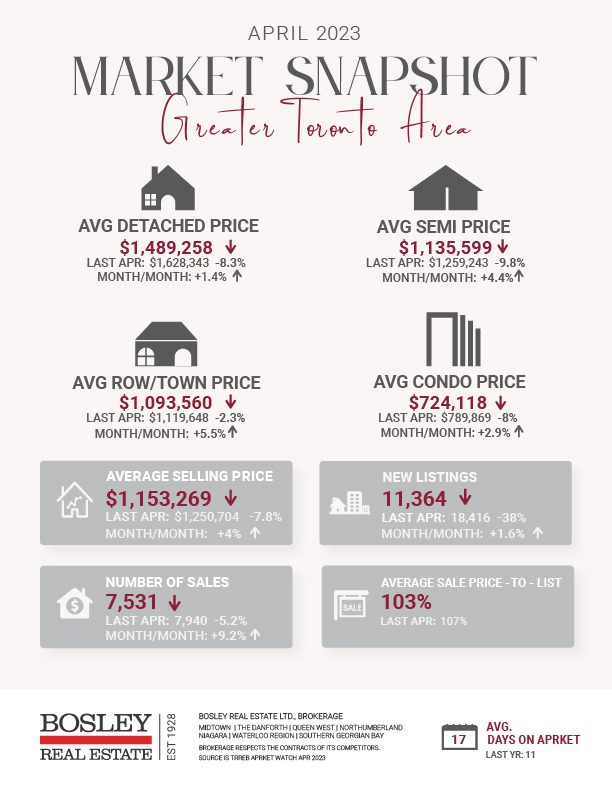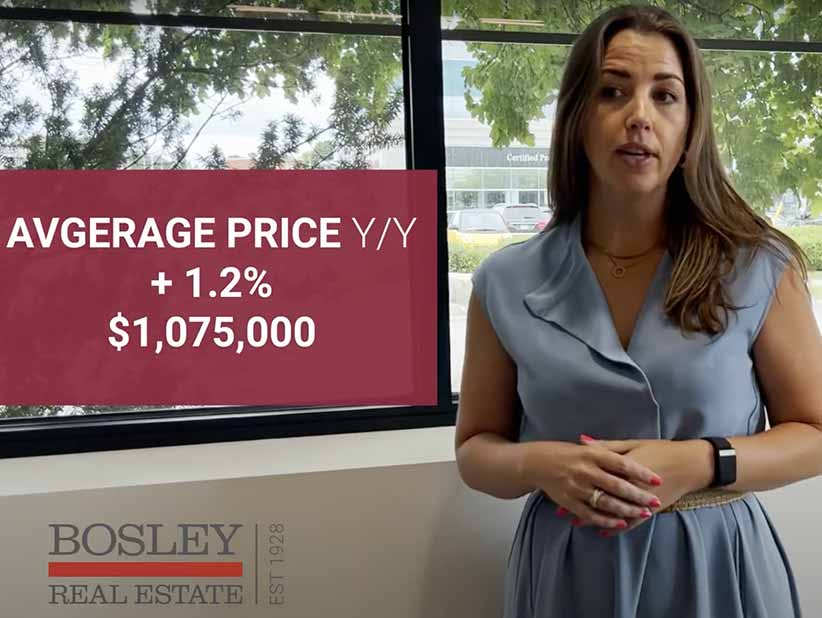

A buying frenzy is re-emerging in Canada after one of the steepest housing price declines in the nation’s history. In Toronto, properties are selling the day they hit the market. In Vancouver, lines for open houses are stretching down the block. Homes are now once again selling for hundreds of thousands of dollars over asking. The mystery is where the money is coming from.
The bank of mom and dad is a factor in the majority of transactions. We’re in the midst of an unprecedented transfer of wealth.
Roughly two-thirds of Canadians own homes, and after a 553 per cent rise in home prices over 25 years, many have built up substantial equity. Combined with the extra savings many households amassed during the pandemic, it’s created a large pool of capital waiting to be passed down to the next generation.
Though there is no current data on the extent of financial help homebuyers are receiving, research from Canadian Imperial Bank of Commerce in late 2021 showed 30 per cent of first-time buyers were being gifted with the average gift of $82,000.
Gifts are likely playing an even larger role in the market today to help bridge the affordability gap opened by higher interest rates, said Benjamin Tal, the economist who authored the report. “I would be very surprised if we’re not seeing a significant amount of gifting,” he said, adding that the approximately $300 billion in extra savings Canadians built up through the pandemic are likely swelling both the size and prevalence of gifted down payments.
By 2019, the baby boomer generation already had an average net worth of $1.2 million, according to Statistics Canada data. And that would have swelled thanks to the pandemic surge in home values, which last year’s decline has not entirely erased. Meanwhile, their buying power has been insulated from the near doubling of interest rates over the last year because many have already paid off their mortgages.
For instance, a baby boomer downsizing from a four-bedroom home to a condo could pay for their purchase in cash, and then help their adult child get something bigger themselves — all without ever having to call a bank. The CIBC report from 2021 showed 9 per cent of move-up buyers — those purchasing a bigger house rather than their first — received family help too.
With prices on the rise again — the benchmark price of a home in Canada rose 1.6 per cent in April — the question is what happens to the people whose families don’t have home equity to tap into? Canadian banks generally won’t lend more than five times a borrowers’ income, but home prices in the country are about seven times the average, according to a January report from the Bank of Nova Scotia.
That gap could consign many people to renting for much longer — or even permanently. That would exclude them from one of the traditional routes to middle class security in Canada and make their access to housing more precarious.
In 2021, over a fifth of Canadians exceeded the threshold the government uses to determine whether they can afford the housing they need, the same Bank of Nova Scotia report found. But among renters, who have no hope of reducing their monthly shelter costs by gradually paying down their mortgages, that rate rose to a third.
As baby boomers continue to age, the intergenerational capital flow could only be getting started — spurring values higher still, and property further out of reach for strained renters.
Here are the top 5 trending stories of the week:
- Canada’s record population growth poses challenges for housing market “Immigration push: tight supply and overwhelming demand fuel rising home prices in Canada’s most in-demand cities. According to a recent report from Statistics Canada, Canada’s population grew by a record one million people in 2022, with almost all of the growth attributed to international migration. ”
- Double or Nothing? Most of Canada’s Real Estate Investors Are Boomers: Stat Can “Canada’s Boomers went all in on real estate investment, looking to double down on their windfall. That was the takeaway from a new Canadian Housing Statistics Program (CSHP) study looking at investor demographics in 2020. ”
- Openn Offers: A digital solution or disruptive change? “Realtors in some regions are raising concerns about the implementation of the Openn Offers system across Realtor.ca, which is aimed at increasing transparency in the negotiation process. Operated by the Australian property technology firm Openn Negotiation, Openn Offers has been dubbed by the Canadian Real Estate Association as a digital version of the current negotiation process that will provide realtors, buyers and sellers with near real-time tracking of offers on Realtor.ca.”
- GTA New Home Market Returning to “More Traditional Levels” “Canadian inflation might be cooling, but the costs of building a home is surging higher. Statistics Canada (Stat Can) data shows home building costs jumped higher in Q1 2023. Rather than slowing down, growth is accelerating—running over 5x the inflation target. It’s even worse in Toronto, where the high rise crane capital of North America has seen building costs rise nearly 9x target inflation. “
- Empty office buildings could become your new apartment in Toronto “It’s a long shot now, but if the Toronto Maple Leafs miraculously stage a playoff comeback and win the Stanley Cup, a team of realtors in Ontario’s Kitchener-Waterloo region says they’ll work for free. “

The Bosley Advantage
Read about the heritage and innovation that form the foundation for Bosley’s industry-leading approach to real estate.







